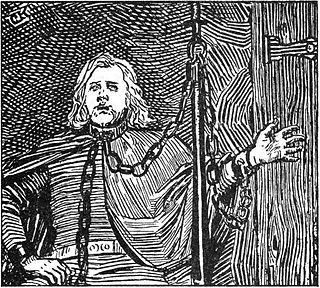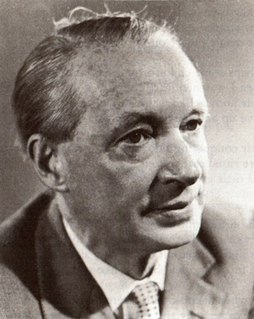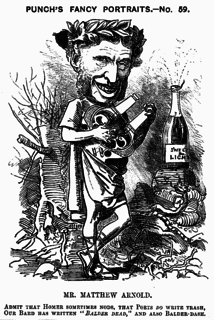Ian Crockatt (born 1949) is a Scottish poet and translator. He was born in Perth, Scotland and now lives in Aberdeenshire. He has published several volumes of poetry including Flood Alert (Chapman, 1996), Original Myths (Cruachan, 2000; shortlisted for the Scottish Book of the Year Award), and The Lyrical Beast (Salix, 2004). His recent work Skald (Koo Press, 2009) explores the forms of Old Norse skaldic poetry. [1]

The Scottish people or Scots, are a nation and Celtic ethnic group native to Scotland. Historically, they emerged from an amalgamation of two Celtic-speaking peoples, the Picts and Gaels, who founded the Kingdom of Scotland in the 9th century. Later, the neighbouring Celtic-speaking Cumbrians, as well as Germanic-speaking Anglo-Saxons and Norse, were incorporated into the Scottish nation.

Perth is a city in central Scotland, on the banks of the River Tay. It is the administrative centre of Perth and Kinross council area and the historic county town of Perthshire. It has a population of about 47,180. Perth has been known as The Fair City since the publication of the story Fair Maid of Perth by Scottish writer Sir Walter Scott in 1828. During the later medieval period the city was also called St John's Toun or Saint Johnstoun by its inhabitants in reference to the main church dedicated to St John the Baptist. This name is preserved by the city's football teams, St Johnstone F.C.
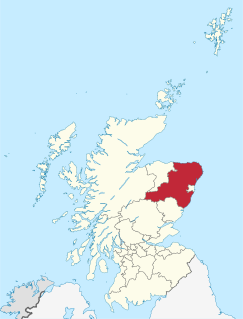
Aberdeenshire is one of the 32 council areas of Scotland.
As a translator, Crockatt won the Schlegel-Tieck Prize for his translation of Rainer Maria Rilke's poetry, published in 2012 under the title Pure Contradiction. He is pursuing a PhD at Aberdeen University's Centre for Scandinavian Studies; his doctoral thesis is on translating skaldic verse from the Orkneyinga Saga.
The Schlegel-Tieck Prize for German Translation is a literary translation prize given by the Society of Authors in London. It is named for August Wilhelm Schlegel and Ludwig Tieck who translated Shakespeare to German in the 19th century. Translations from the German original into English are considered for the prize. The value of the prize is £3,000.
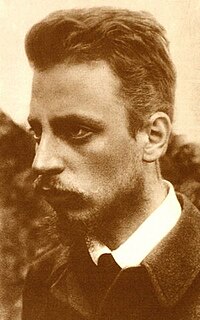
René Karl Wilhelm Johann Josef Maria Rilke, better known as Rainer Maria Rilke, was a Bohemian-Austrian poet and novelist. He is "widely recognized as one of the most lyrically intense German-language poets". He wrote both verse and highly lyrical prose. Several critics have described Rilke's work as inherently "mystical". His writings include one novel, several collections of poetry and several volumes of correspondence in which he invokes haunting images that focus on the difficulty of communion with the ineffable in an age of disbelief, solitude and profound anxiety. These deeply existential themes tend to position him as a transitional figure between the traditional and the modernist writers.


